📌What are Transactional Messages on WhatsApp?
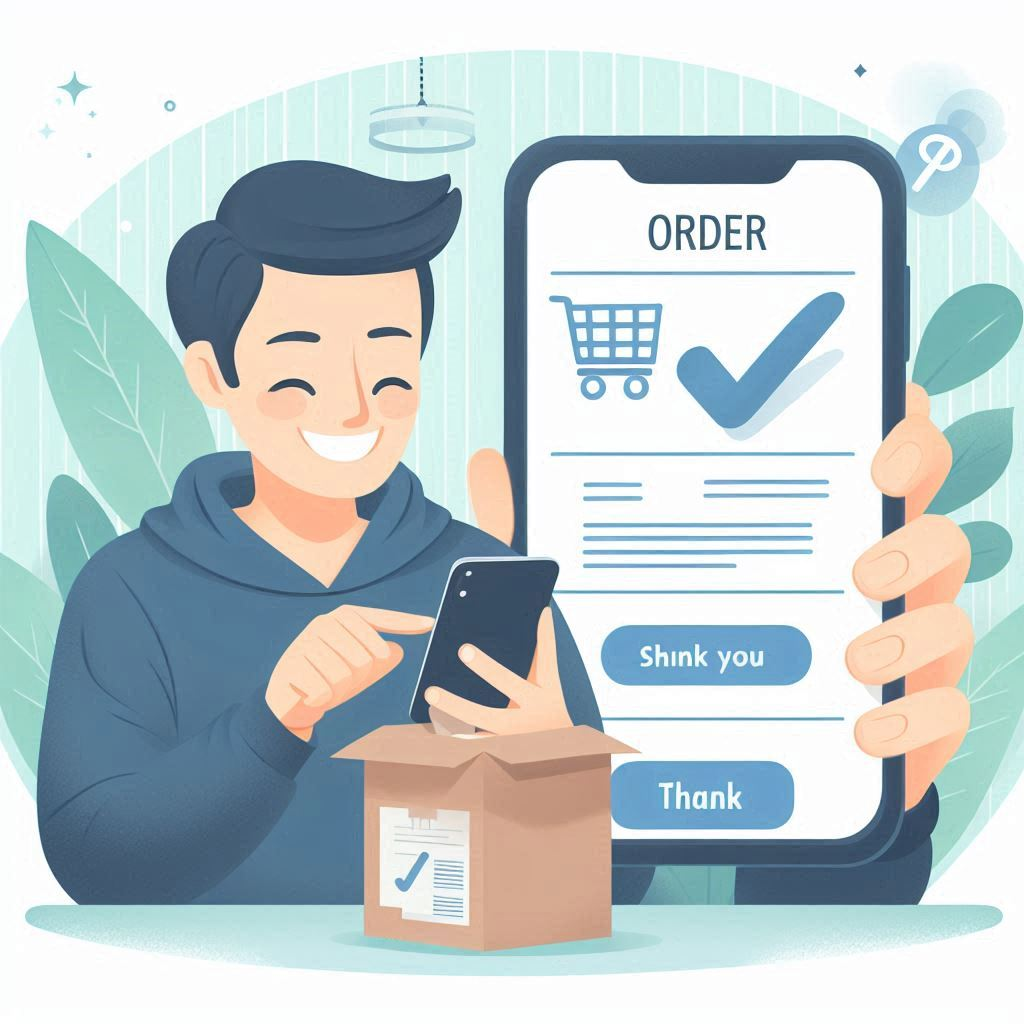
Transactional messages are one-time messages sent by businesses to customers via WhatsApp to provide essential information related to a transaction or account they have done. These messages are typically automated and sent in response to specific customer actions or events.
📌Common Examples of Transactional Messages on WhatsApp:
- Order Confirmations: Sending a message to confirm a customer’s order, including details like order number, items purchased, and estimated delivery time.
- Shipping Updates: Informing customers when their order has been shipped, along with tracking information.
- Payment Receipts: Providing a receipt for a payment made, including the amount paid and payment method.
- Appointment Reminders: Notifying customers of upcoming appointments, such as with a doctor or service provider.
- Account Alerts: Sending alerts about account activity, such as login attempts, password changes, or suspicious activity.
- Booking Confirmations: Confirming reservations or bookings for services like hotels, flights, or events.
- Service Updates: Informing customers about service-related changes, such as maintenance schedules or downtime notifications.
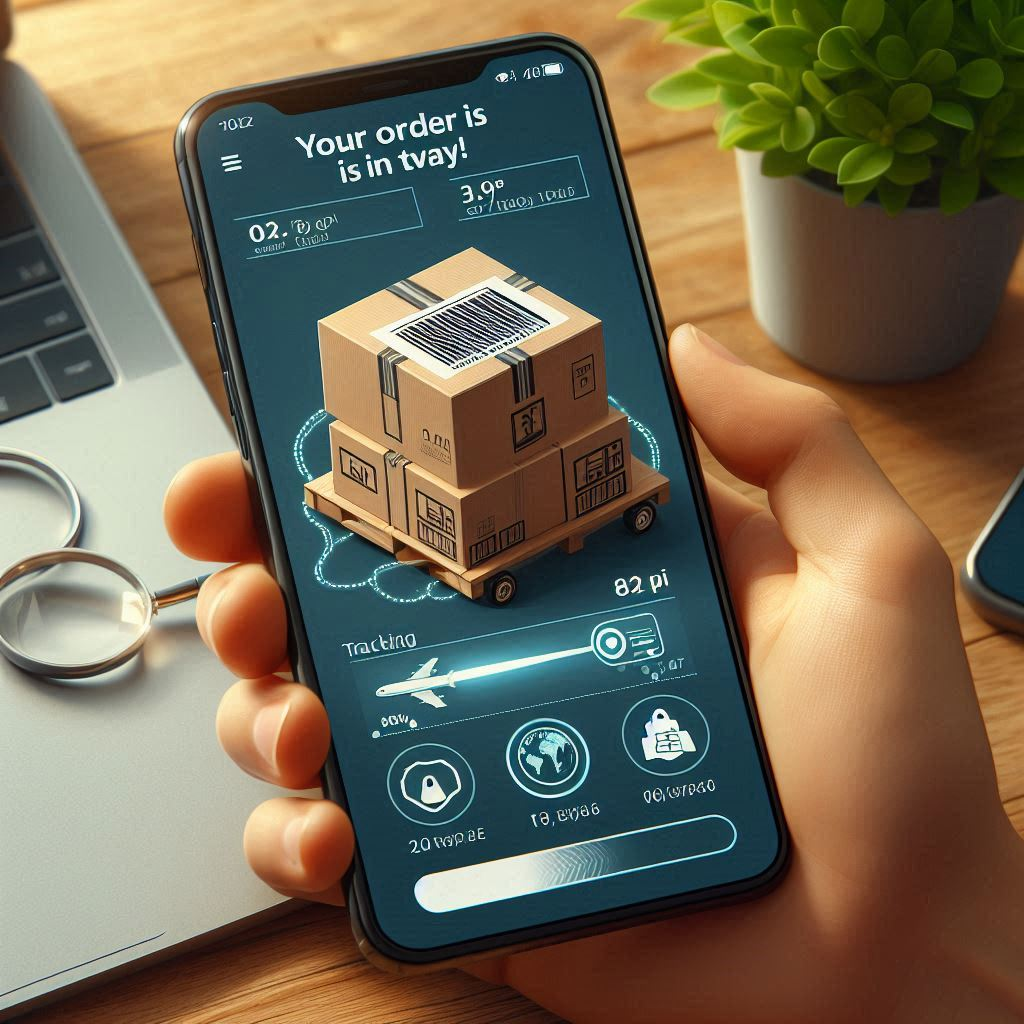
📌What is the Difference Between a Transactional Message & a Promotional Message on WhatsApp?
The primary difference between transactional and promotional messages on WhatsApp lies in their purpose, content, and how they are used within a business’s communication strategy.
📢 Transactional Messages on WhatsApp:
- Purpose: Transactional messages are intended to provide essential information related to a customer’s specific action or transaction. They are meant to facilitate a process, update the customer on the status of a service, or deliver important notifications.
- Content: These messages include non-promotional, factual information such as order confirmations, shipping updates, payment receipts, appointment reminders, and account alerts.
- Trigger: Transactional messages are typically automated and triggered by a customer’s actions, such as placing an order, making a payment, or booking a service.
- Customer Expectation: Customers generally expect to receive these messages as they are directly related to an interaction they initiated. As a result, these messages often have high open and engagement rates.
- Regulation: Transactional messages are less restricted compared to promotional messages, as they are considered necessary for customer service and operational communication.
📢 Promotional Messages on WhatsApp:
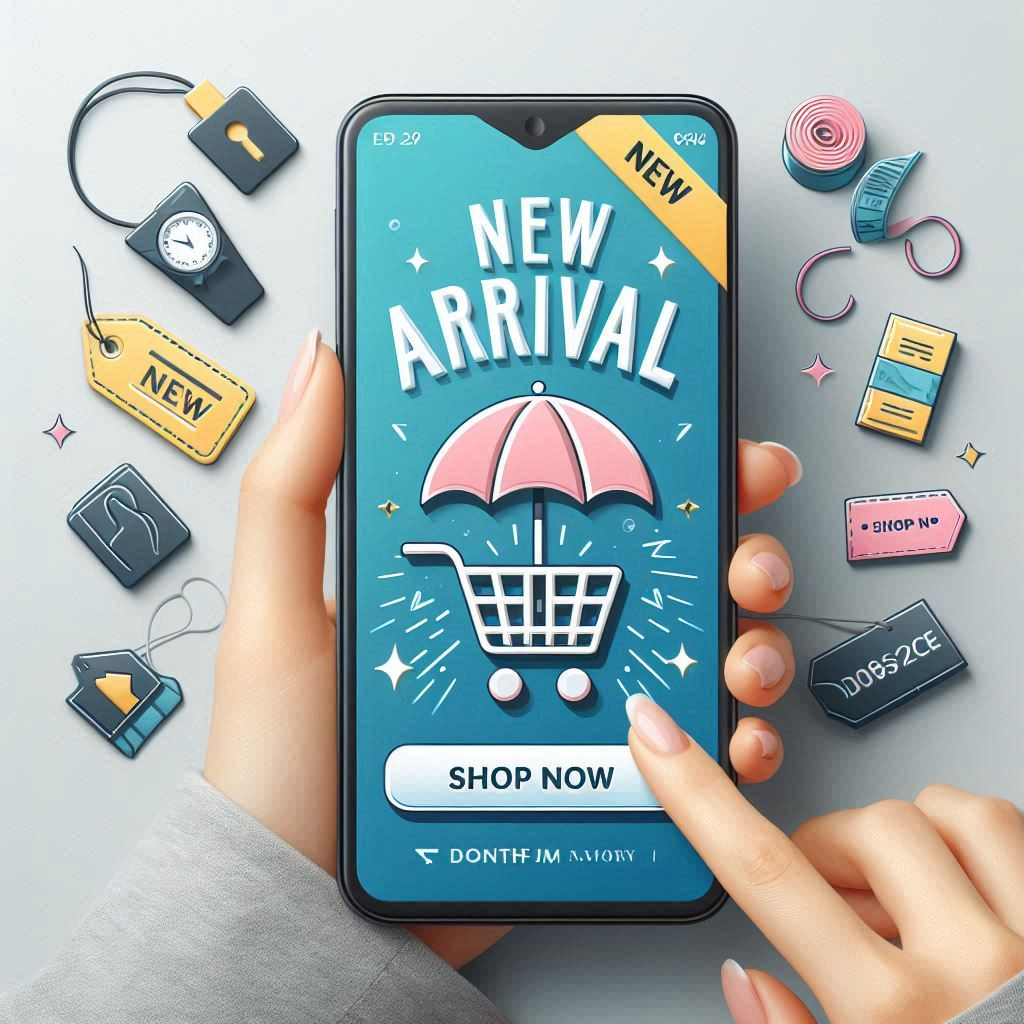
- Purpose: Promotional messages are designed to captivate customers, spark desire, and drive sales. They’re the persuasive pitch that turns browsers into buyers, enticing them to explore products, services, or events.
- Content: Packed with irresistible offers, exclusive discounts, and tantalizing product spotlights, promotional messages are crafted to ignite excitement. They highlight what makes your brand unique and present compelling reasons to choose you.
- Trigger: These messages are strategically deployed by businesses to make a splash. Unlike transactional updates, they’re not prompted by a customer action but carefully timed to maximize impact. By targeting specific audiences, businesses can deliver messages that truly resonate.
- Customer Expectation: While customers appreciate promotional messages, they’re often seen as a bonus rather than a necessity. As such, they might not command the same level of urgency as transactional updates.
- Regulation: WhatsApp has strict guidelines to ensure promotional messages are fair game. Businesses must earn customer trust by obtaining explicit permission before sending these messages. Additionally, there are rules in place to prevent message overload.
✅ Summary of Differences:
- Purpose: Transactional (informative) vs. Promotional (marketing).
- Content: Non-promotional vs. promotional.
- Trigger: Customer action vs. marketing strategy.
- Expectation: Expected vs. opt-in.
- Regulation: Less restricted vs. more regulated.
Both types of messages play crucial roles in a business’s communication strategy on WhatsApp, but they serve different functions and have distinct rules governing their use.
📌What are the Key Characteristics of Transactional Messages on whatsapp?
- Time-sensitive: Information is crucial for the customer at that specific moment.
- Informative: Clearly conveys essential details about the transaction.
- Actionable: Often includes a call to action, such as tracking an order or confirming a payment.
- Permission-based: While explicit consent might not always be required, they are directly linked to a customer’s interaction with the business.
- High priority: Typically delivered promptly to ensure timely information.
- Hyper Personalized: Often includes customer-specific details like name, order number, or account information.
- Compliance-focused: Adhere to specific regulations and guidelines set by WhatsApp.
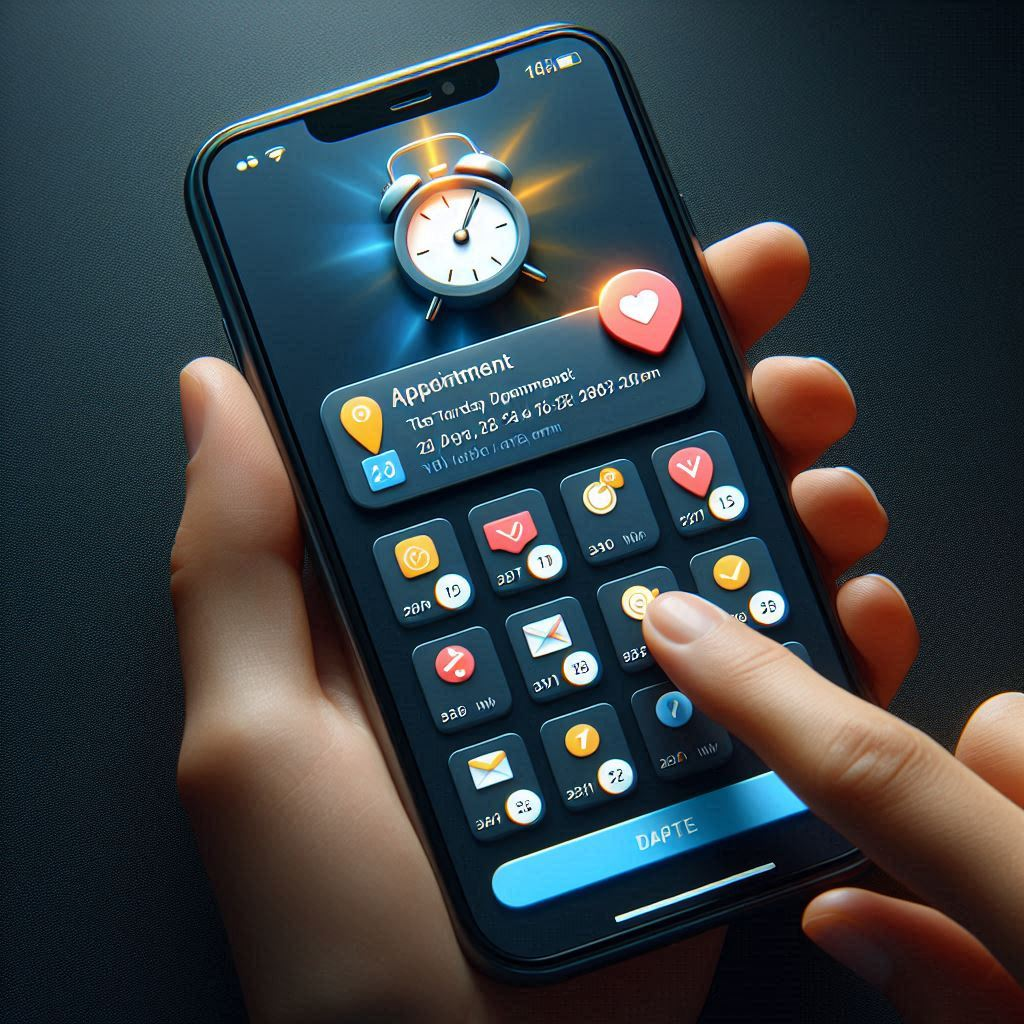
📌What are the Benefits of Transactional Messages on whatsapp?
All kinds of WhatsApp Transactional messages offer numerous advantages for both businesses and customers, let’s see how:
📢For Businesses:
- Enhanced customer satisfaction: Timely and relevant information improves customer experience.
- Increased customer engagement: Direct communication channel fosters stronger relationships.
- Reduced customer support inquiries: Proactive communication can minimize support tickets.
- Improved brand reputation: Reliable and efficient service builds trust.
- Compliance adherence: Helps businesses meet regulatory requirements.
- Marketing opportunities: These can be used to promote relevant products or services.
📢For Customers:
- Convenience: Receive important information directly on a familiar platform.
- Time-saving: Quick access to transaction details.
- Peace of mind: Stay informed about order status and account activity.
- Security: Enhanced security through direct communication with the business.
- Personalized experience: Receive tailored information based on their interactions.
📌Some Examples of WhatsApp Business Message Templates
➡️Note: WhatsApp Business requires approval for message templates before they can be sent. The examples below provide a general structure. Always adhere to WhatsApp’s guidelines for specific requirements and formatting.
💡Order Confirmation:
- Hey [Customer Name] 🎉, Your order for [Product Name] is confirmed! Order #[Order Number]. Total: ₹[Amount]. Get ready to unbox some happiness! 📦🚚
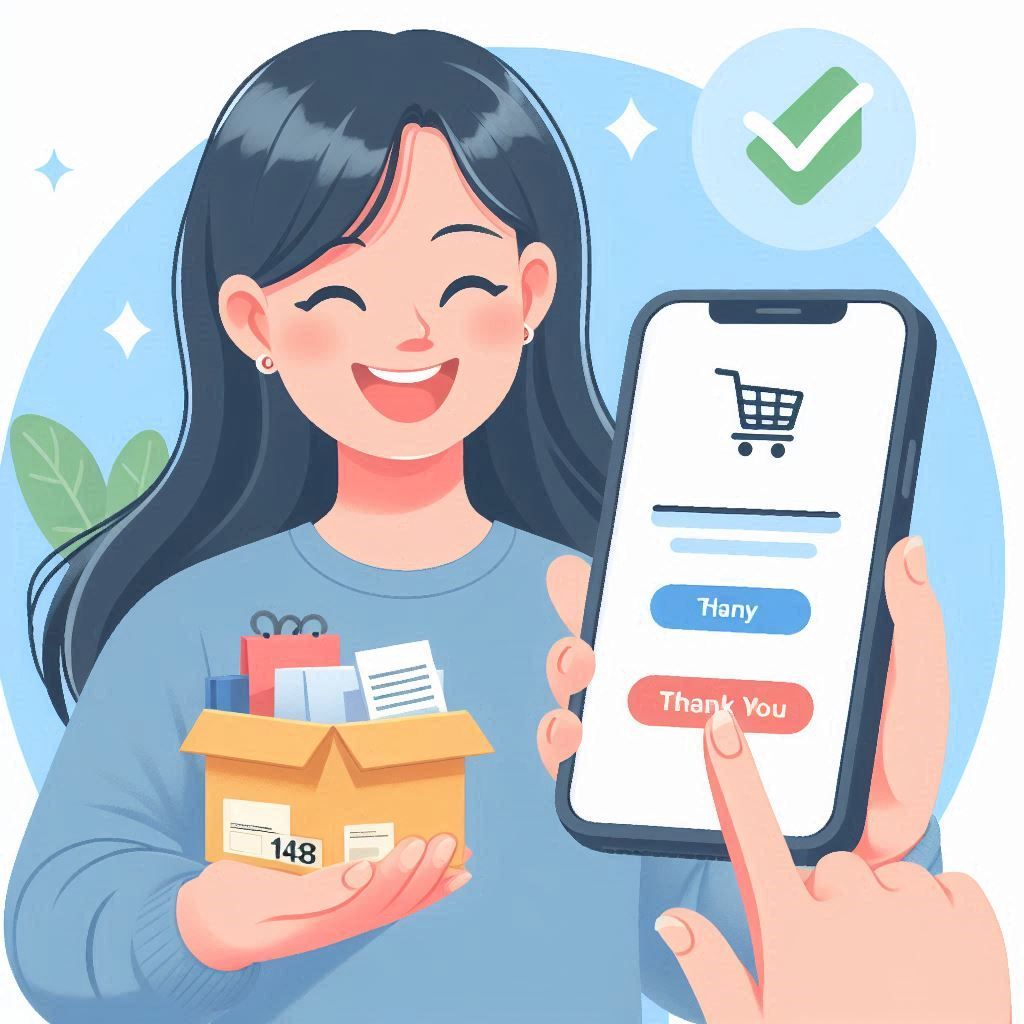
💡Shipping Update:
- Your order is on its way, [Customer Name]! 🚀 Track your package here: [Link]. Estimated delivery: [Date]. Can’t wait for you to love it! 💖
💡Payment Confirmation:
- Payment received, [Customer Name]! Your order #[Order Number] is confirmed. Thanks for shopping with us! 😊💳
💡Appointment Reminder:
- Don’t forget your appointment with us on [Date] at [Time]! 🗓️ See you soon at [Address].
💡Account Alert:
- Hey there, [Customer Name]! Your [Business Name] account balance is low. Top up soon to avoid any interruptions. ⚠️
Ready to explore whatsapp marketing?


